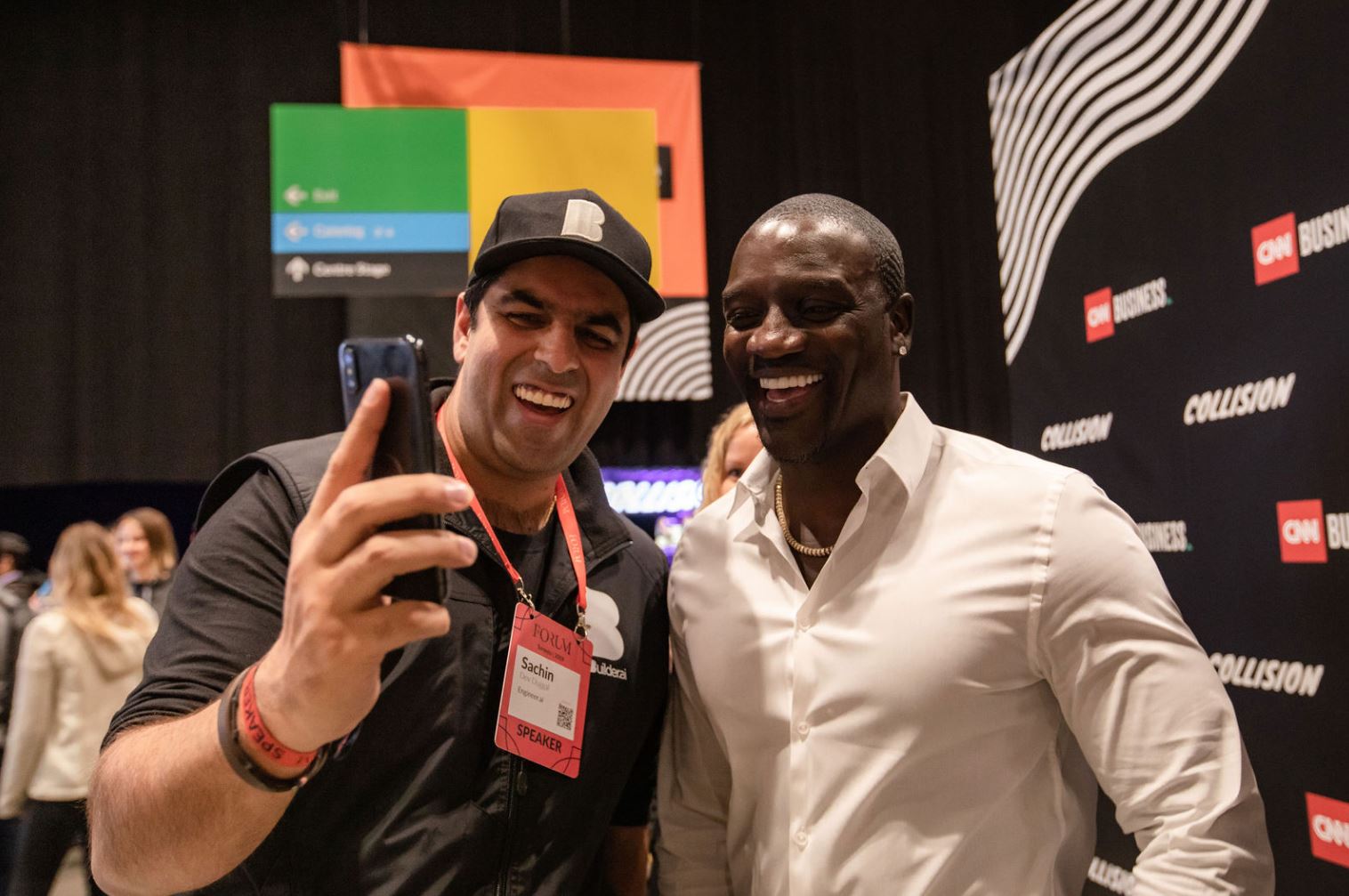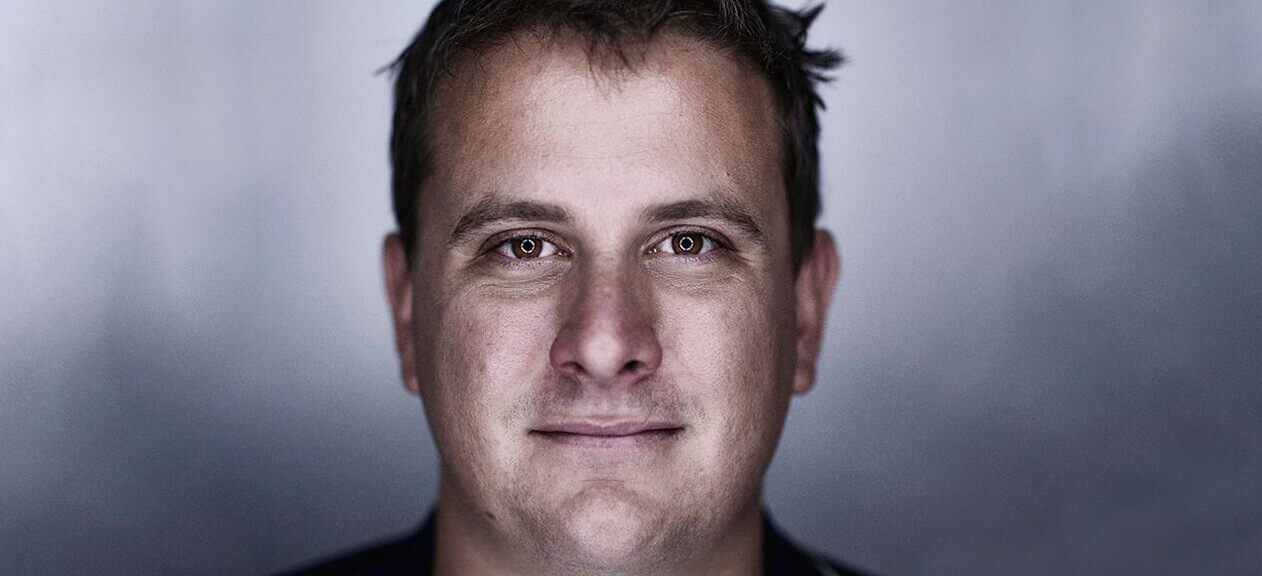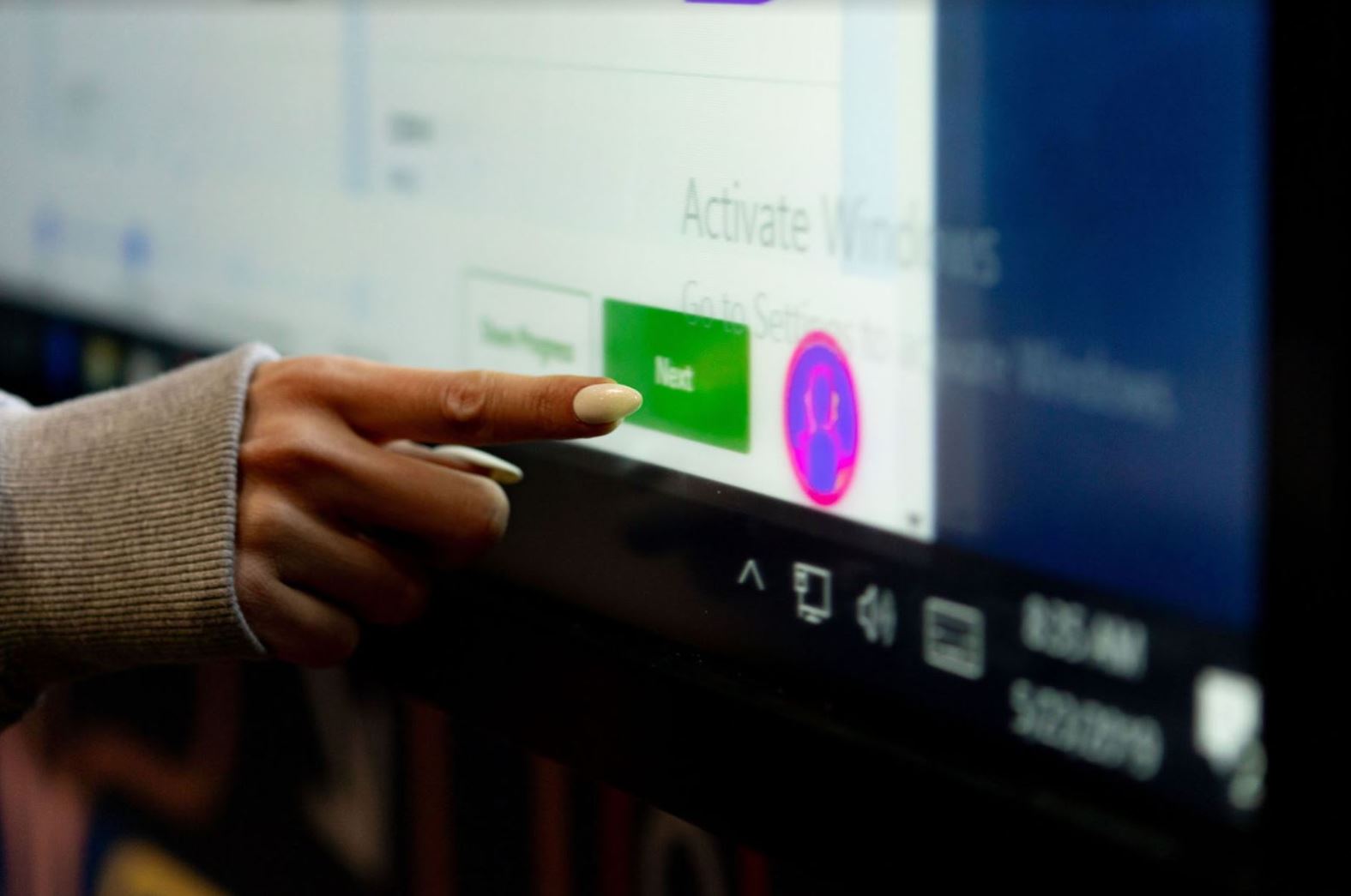Earlier this year, Sachin Dev Duggal, our very own Founder and Chief Wizard, was featured in an exclusive interview on IDG Connect, the world’s largest technology media company. The publication utilises access to 44 million business decision makers' details to unite technology marketers with relevant targets from 147 countries around the world.
Naturally, Builder.ai was a hot topic. Interested in a glimpse into the mind of our favourite wizard? Some solid career advice, candid anecdotes and a nostalgic trip down the memory lane await you. Read on.
1. What was the most valuable piece of career advice that you received?
Just recently, I learned about the realities of rapidly scaling a company. When you go from 10 people to 200 people, you go from having an answer, to having the process to have the answer, to having the people that know the process to having an answer. Now, when you go through that double quick, you have zero time to acclimatise to that shift and that’s challenging. Because when you, as the co-founder, know it so well that the process and the answer is all in one split second, it gets frustrating why problems don’t get solved in bigger teams as quickly. It is also why young companies work so much faster...because the process and the answer there is the same thing. But to scale up is to grow through this process.
2. What was the worst piece of business advice that you received?
I can think of two actually, and both contradict each other. One was - grow at any cost. The second was- when you’re growing, keep cutting costs. I think the truth is that you can do either well if you make a choice. You can either optimise or you can scale. And if you choose to do both, then you’ll have to alternate between optimising and scaling and play it by ear.
3. What advice would you give to someone starting their career in tech?
I can give you 3 candid facts about the tech business that will save a starter a lot of shocks. Firstly, unlike other businesses, tech companies have a very different pace. So, you have to look at each problem with a very different velocity in mind. Secondly, the entry cost is very high. You have to build a prototype, get the MVP ready and then have the final product in order to rope customers in. It’s not like a trading business where you can manufacture small batches of shampoo at the back of your garden and sell it on a Facebook page. So, specialise like hell. Thirdly, as you grow, you’ll need to hire expertise that will create processes to help solve problems. At some point, and I haven’t quite put a number to it yet, to be successful, you will have to stop solving problems yourself and delegate. But having said that, as someone in a leadership position, you are always prepared to look at everything in the macro and then suddenly go down straight to toilet seat detail when time calls.
4. Did you always want to work in tech?
I wanted to be an actor first, then a singer, and even a fighter pilot at a point in time. I got into tech by mistake, but the dream perpetually was to do something that would become the fons et origo of social change. I’ve actively undertaken several social initiatives before, but serendipitously, Builder.ai has amplified the opportunities I have to give back. With clients like Qure- that works to make healthcare accessible in rural India or Cup O’Sugar - that allows people to share leftovers and reduce wastage, I am able to contribute to the world on a larger scale by simply doing what we do best- helping make software development easier, faster, cheaper, and more transparent.
Also, I like the fact that computers behave in a logical way and so, building skills in it is easy. For example, I would compare learning Python to how long it took me to get to the next grade in piano and the latter was harder!
5. What was your first job in tech?
I was a summer intern at Barclay’s when I was 15. Later, I started my own PC business and it’s quite a story. I managed to break my mother’s computer (T86 I think or 1x86) and under the nervousness of her wrath, I read all day, all week to get it fixed. Eventually through early DOS programming, I managed to get this back up and actually got my first “fix”, something that would later become the key to anything tech I did. The next year I wanted my own computer and built my own after much persuasion (I managed to narrowly avoid blowing it up), realizing that my PC cost about 400 pounds less. Long story short, I ended up building a PC business with my friends for the next couple of years and made more than enough money to pay for tennis lessons and candy and then went onwards to hosting.Then, my first “proper” job was at Deutsche Bank when I was 17, where I was building training platforms and software.
6. What are some common misconceptions about working in tech?
- That it’s a ton of people just writing into a black terminal. In truth, there’s so much more that goes on.
- That if you build a platform, customers will come flocking in. In truth, tech business is like any business. There is a lot of marketing, sales and strategy involved in order to find success.So, a lot of people in tech are building projects and not businesses. They go from funding cycle to funding cycle and not revenue to gross margin to profit.
7. What tips would you give to someone aiming for a C-level position in a tech company?
When I look for folks who are joining VP or C-level positions, the thing that puts me off the most is when I learn that they cannot roll their sleeves up in times of crisis and solve problems. As a C-level executive, you will need to solve problems, build processes to solve problems, and hire people to build processes to solve problems. Ultimately, you’ll need to see a problem from afar and do whatever it takes to find a solution.
8. What are your career ambitions and have you reached them yet?
I actually don’t consider what I do as a career. I often laugh, really, because I still think I’m 20. I have no concept of “work” and “not work”. I really don’t know what I’d do in a real job. It’s not that I don’t work hard; I work really hard, but I don’t consider it work. It would feel like work to me when there’s a stressful situation perhaps. But, overall, I don’t think I have a career. I think I am solving problems that I like solving, and there isn’t an end to it, really. The end point would perhaps be when I can create the most amount of impact- whether internally or externally. But the beauty of that is that there isn’t really ever an end point. It’s all directional.
9. Do you have a good work life balance in your current role?
I think I have a better work life balance than most. But, it depends as to what you call “work life balance”. I get to spend more time with my kids, Aramnaya and Samanaya, and my wife, Pooja, than most office-going fathers spend. Probably the negative in it is that, for example, my wife gets irritated that one minute I could be discussing dinner plans with her and the other, I could be on the phone interviewing a candidate. But, for me, there is no real segregation. It is a trade off for sure, because I am giving away the routine, but I am also getting the flexibility to work 3 days without sleep and then 7 days remotely from an island. It’s challenging because we run a global organisation, and so my mornings are often rogered by India meetings and my evenings get rogered with the US ones. Then there’s London meetings during the afternoons, so on the whole, you’re working 20 hours, give or take.
10. What, if anything, would you change about the route your career path has taken?
That’s tricky because I believe that you are what you are because of the circumstances that brought you to your present. My mistakes brought learning that led to successes, so it would be impossible to nitpick. But one macro lesson for me has been to not take people at face value and let trust always be earnt.
11. Which would you recommend: A coding bootcamp or a computer science degree?
Neither, but if I have to pick, then a computer science degree. Whether you get a degree or actually study the syllabus to earn the degree, the biggest takeaway from it should be the maturity to solve problems. When you start coding, it’s like someone handed you a paintbrush. You cannot just become Rembrandt in a day. You need to be taught the discipline.
12. How important are specific certifications?
Not at all. I don’t care for certifications, honestly. I care that you went out of your way, did courses and learnt things.
13. What are the three skills or abilities you look for in prospective candidates?
Perseverance, analytical thinking, and a good heart.
14. What would put you off in a candidate?
Bad energy, arrogance, and over-eagerness. Oh, and a lack of passion. It doesn’t matter if you’re a janitor; if you do it with passion, then you’re working harder and living better and being true-r to yourself than most C-level executives out there.
15. What are the most common mistakes made by candidates in an interview? How can those mistakes be avoided?
I think sometimes people make a leap of faith when it comes to their own abilities- as in what they can and cannot do. Sometimes, this extension of the truth doesn’t work for either parties because they realise they’re not achieving what they set out to because they’re not equipped with the right resources. Secondly, arrogance. I feel like it creates a mismatch between expectations and reality. Third mistake would be when they’re not themselves. Honesty is the best policy for a reason. You are who you are and it will come out eventually. Personally, I disagree with the idea of an interview where you have to be your “best” self. You don’t get married after dating someone for a day. You get married once you’ve seen a person at their best and worst. So, it feels odd to make a hiring decision when you know that someone is being their best version. It makes you wonder if it could get quite worse.
16. Do you think it is better to have technical or business skills – or a mix of both?
A mix of both for sure! A clear distinction has always existed between honing technical skills (hardware or software, engineering, website development) and business skills—a line drawn that’s almost akin to the separation of church and state. But thanks to the advent of the entrepreneurial era putting renewed importance on business savvy, many techies (whom I like to call the Builder Generation) and educators are seeing the wisdom of the combination of both skill sets.
PS: If you are considering taking your business online, then may we recommend the Studio Store, our new range of pre-packaged apps - beginning with e-commerce and delivery - designed to bring businesses online faster and at a fraction of the cost of building from scratch. As COVID-19 heavily impacts small and medium-sized businesses (SMBs), currently we also provide the first three months of live service for free. Does that sound exciting? Click right here and get started.
Want to start your app project with us?
Book a demoSpeak with one of our product experts today.
By proceeding you agree to Builder.ai’s privacy policy and terms and conditions

Lakshmi is a communications professional with over 6 years of experience across industries- from digital media and fashion to health and technology. She specialised in Integrated Marketing and Communications cum laude, and naturally, can work her magic best when handling public relations, marketing and editorial content and communication. Most people find her moderately introverted, conspicuously sassy, significantly energetic, and massively dog-loving.












 Facebook
Facebook X
X LinkedIn
LinkedIn YouTube
YouTube Instagram
Instagram RSS
RSS


